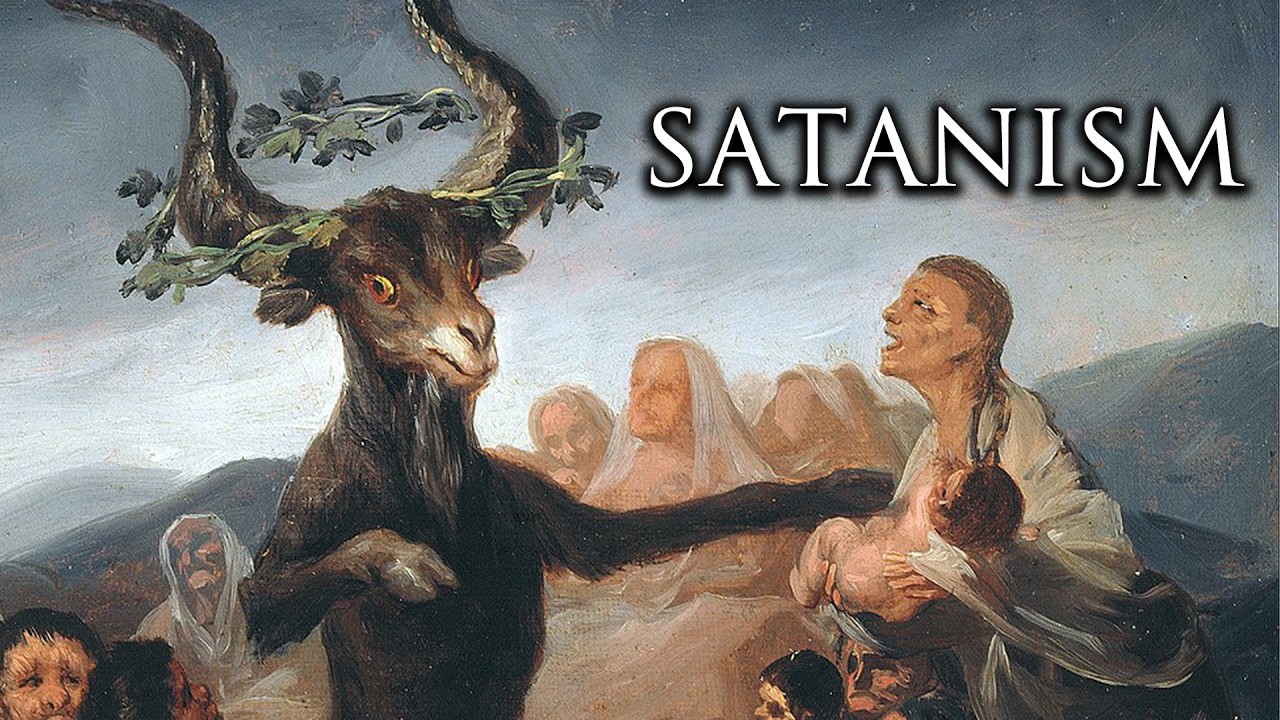
when Horror Yearbook – Modern Satanism began not as devil worship but as a challenge to traditional authority and religious norms. Followers view the figure of Satan as a metaphor for enlightenment, personal autonomy, and rational inquiry, not as a supernatural being. This approach distances itself from myths and superstition and embraces skepticism. Modern Satanists tend to reject theistic beliefs and instead pursue individual empowerment through intellectual curiosity. They craft rituals and symbols that reclaim what society once painted as evil. For many, participating in modern Satanism means rejecting formulaic religion in favor of a self-directed moral compass. This outlook finds roots in the teachings of Anton LaVey, who introduced the concept of rational Satanism. Later groups like The Satanic Temple built on that legacy and focused on activism, secularism, and civil rights. Modern Satanism has become a vehicle for dissent and reflection in a world seeking authenticity.
Modern Satanism preserves ceremonial forms while reframing their intention. Rituals may include theatrical gatherings around altars or symbolic acts, but they serve to tap into emotion and community rather than invoke supernatural forces or fear. Participants often engage through theater, music, or creative expression that highlights dissent and individuality. Rituals become a way to challenge social norms and provoke reflection rather than cast spells or summon spirits. These practices give members a sense of belonging and clarity, reinforcing core values such as empathy, justice, and personal sovereignty. Ritual design often draws from metal or gothic aesthetics but remains grounded in psychological or sociological purpose. Modern Satanism embraces ritual as a psychological discipline more than mysticism. These ceremonies foster mutual belonging and consciousness, helping participants connect to values rather than dogma.
“Read about: Rajneeshpuram: When a Peaceful Commune Turned into a National Security Threat”
Modern Satanism builds on principles of reason, compassion, and justice instead of dogmatic commandments. Members emphasize the importance of scientific understanding and personal autonomy. The Satanic Temple, one of the most visible modern Satanist groups, promotes empathy and resistance against arbitrary authority. Its tenets advocate respect for bodily freedom, evidence‑based beliefs, and rectifying harm when mistakes occur. This brand of Satanism uses humor, irony, and satire to challenge political and religious power structures. By invoking a controversial symbol they force society to confront hypocrisy and privilege. Modern Satanism remains secular and philanthropic, seeking inclusive action more than confrontation. It promotes secularism, reproductive rights, and LGBTQ equality through protests or legal campaigns. Activism becomes a form of ritual where participants embody their ideology and push for social change.
Modern Satanism is no longer niche or confined to private gatherings. The Satanic Temple maintains chapters across multiple continents and has taken on landmark cases defending religious freedom and separation of church and state. In Chile, a local branch navigates a predominantly Catholic society and demands official recognition as a legitimate religious group. Their demands sparked intense public debate and political backlash but also showcased growing pluralism. Opponents still accuse modern Satanism of promoting subversion, but many members report how finding a secular spiritual community liberated them from oppressive traditions. In the US modern Satanists have installed monuments or filed lawsuits to reinforce church‑state separation. These moves underscore their belief that religion should remain a personal, logical choice. Modern Satanism challenges power with civic rituals, legal efforts, and public art. They operate within democratic systems and seek recognition through reason and morality rather than myth.
“Read more: Want to Conquer Any Wall? These Climbing Workouts Will Get You There Fast”
Beyond symbolism rituals and protests modern Satanism builds supportive communities rooted in intellectual growth and ethical engagement. Followers form local congregations or online groups that model empathy, critical thinking, and service. They hold reading groups and discussions on philosophy or secular ethics. Some groups offer programs for addiction recovery or grief rituals grounded in poetic and existential reflection. They craft spiritual alternatives that prioritize human dignity rather than supernatural belief. Activists among them participate in protests or public debates, leveraging theater and satire to question authority. Their narrative reclaims the idea of rebellion as a force for social reform rather than chaos. Modern Satanism proves that authority can be challenged constructively and ethically. Its adherents cultivate spaces where thoughtful irreverence and civic action coexist. They show that rebellion, when guided by rational values, contributes to a more just, open society.